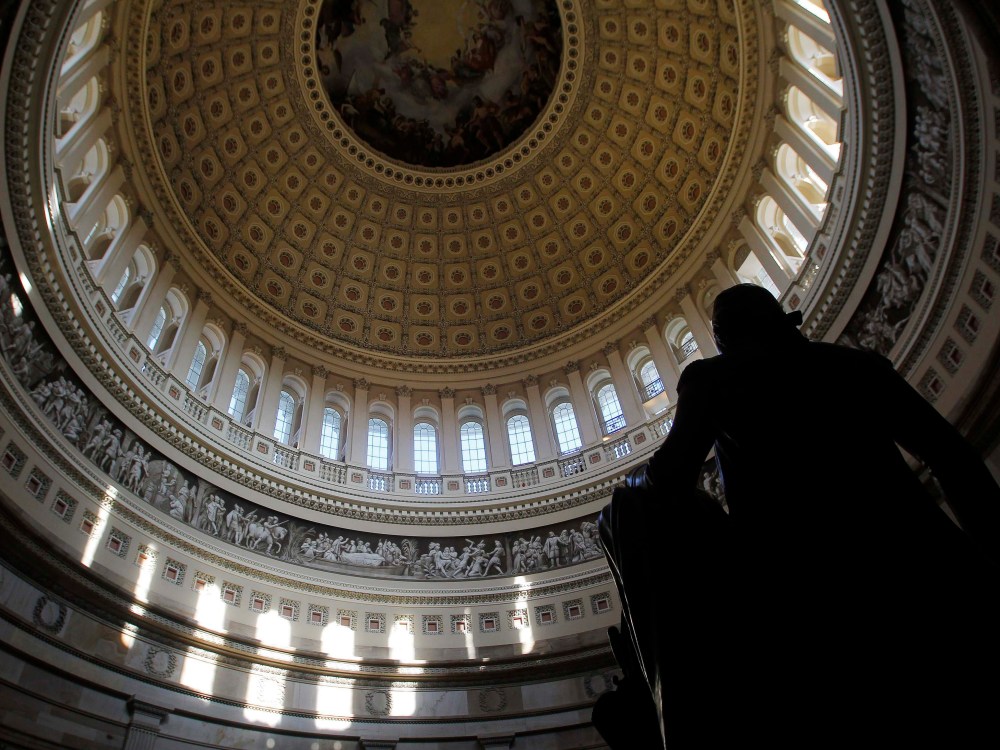
The House yesterday took up an expanded version of the decade-old Dream Act — it’s now called the “Dream and Promise Act” — and proponents had reason to cheer when the gavel came down.
The House-passed bill would protect from deportation and provide a pathway toward citizenship for young migrants brought to the U.S. illegally as children. Many would-be “Dreamers” currently safeguarded by the Obama-era Deferred Action for Childhood Arrivals program, or DACA, which only the federal courts have thwarted Trump from dismantling.
It would also shield others here temporarily because their home countries — chiefly in Central America, Africa and the Middle East — have been ravaged by wars or natural disasters.
The bill passed 237 to 187, with unanimous Democratic support, and the backing of seven House Republicans. Nine years earlier, when the chamber took up the original Dream Act, three dozen conservative House Dems balked, while eight GOP members voted for it.
All of which suggests that Democrats have grown more unified and progressive on the issue, while Republicans’ hostility toward the mainstream proposal has managed to get slightly more intense. (The official House GOP Twitter account condemned the proposal yesterday as a “mass amnesty bill.”)
After the 2010 bill passed, it died in the Senate at the hands of a Republican filibuster. This year, the filibuster probably won’t matter, because Senate Majority Leader Mitch McConnell (R-Ky.) is unlikely to allow the chamber to consider the bill at all.
It’s against this backdrop that GOP leaders, including Donald Trump, are pushing a disjointed message: Republicans are asking the public to believe the bills Democrats keep passing are misguided, while simultaneously arguing that Democrats aren’t passing any bills.
Indeed, the president has been almost hysterical on this point, tweeting before leaving for the U.K., “[T]he Dems are getting nothing done in Congress. They are frozen stiff.” It came on the heels of a series of related missives, one of which insisted, “Democrats … don’t want to do anything.”
His allies have been quick to echo the talking points. Senate Homeland Security Committee Chairman Ron Johnson (R-Wis.) argued last week, “It’s going to be pretty hard to pass legislation when that’s all the House is really doing [focusing on investigating White House scandals]. I warned voters ahead of the 2018 election that if you put Democrats in front of the House, all you’re going to be talking about is investigations, talk of impeachment and it won’t be about governing.”
The evidence proving these claims wrong is hard to miss.
In every Congress, the House majority leadership, regardless of which party is in control, sets aside the first 10 available bill numbers. As regular readers know, it’s intended as a symbolic way to signal a party’s top legislative priorities: H.R. 1 through H.R. 10 will reflect the leadership’s most important goals.












